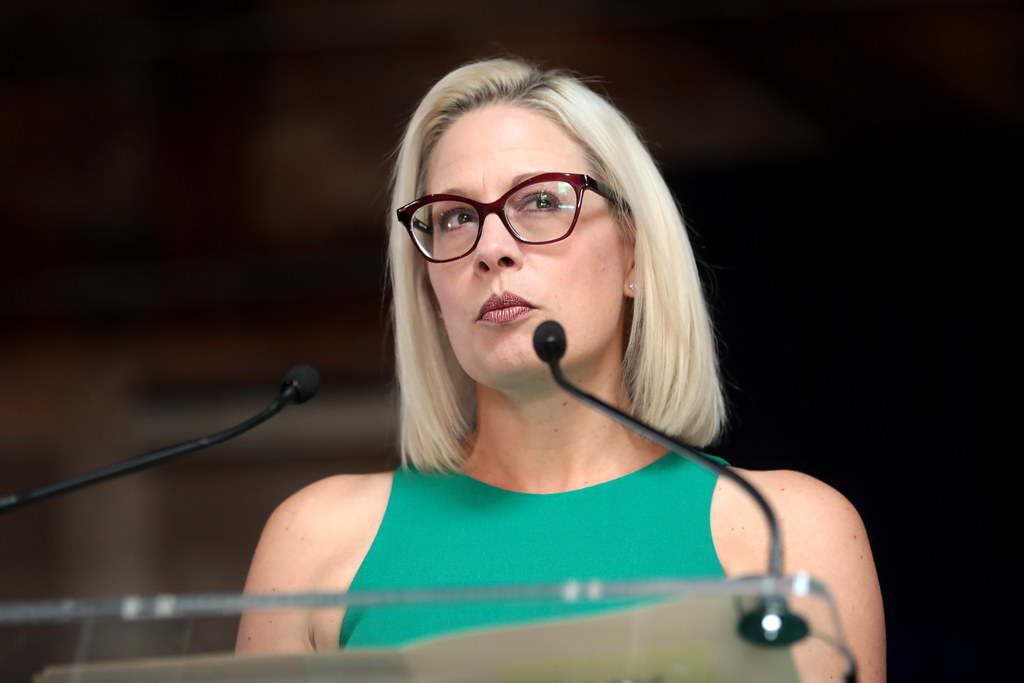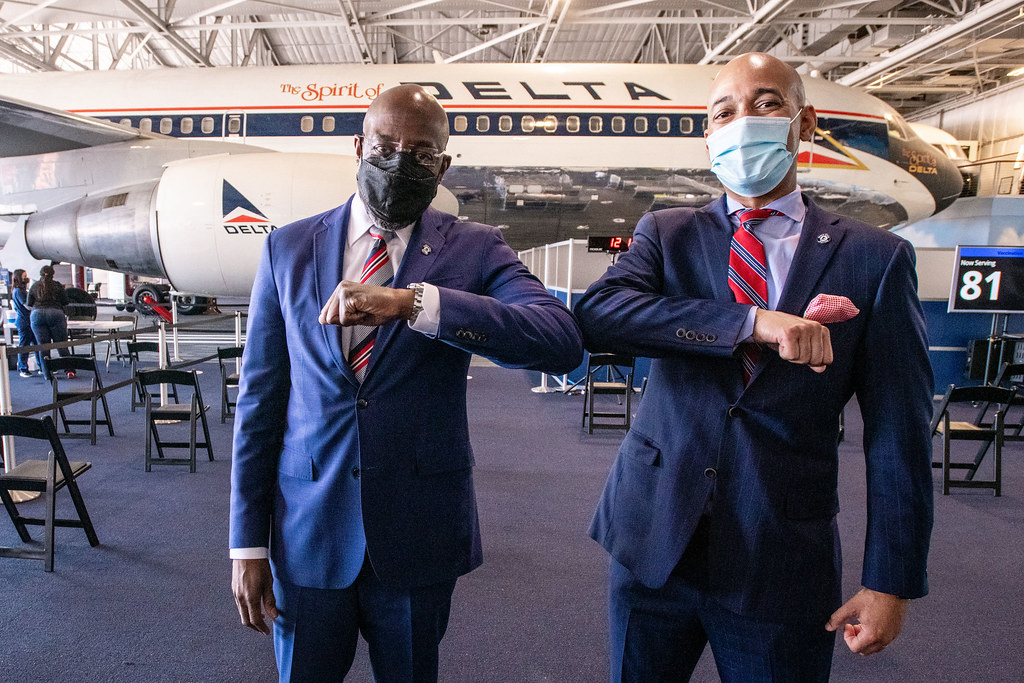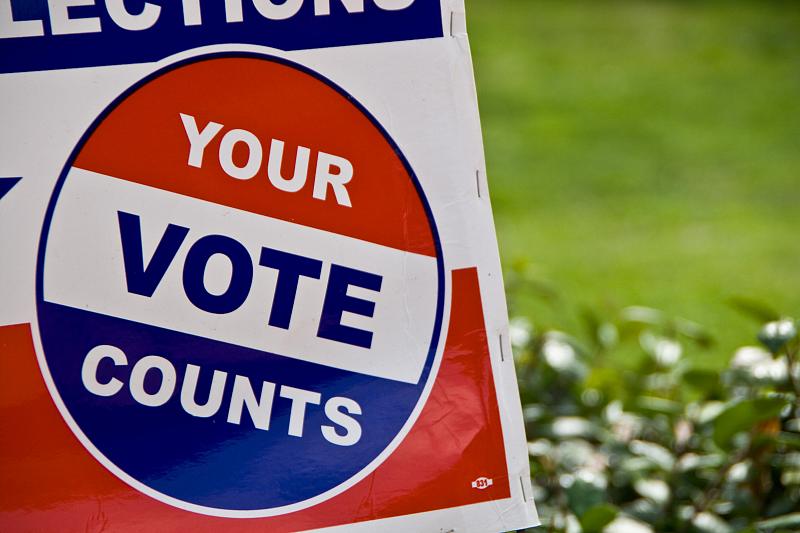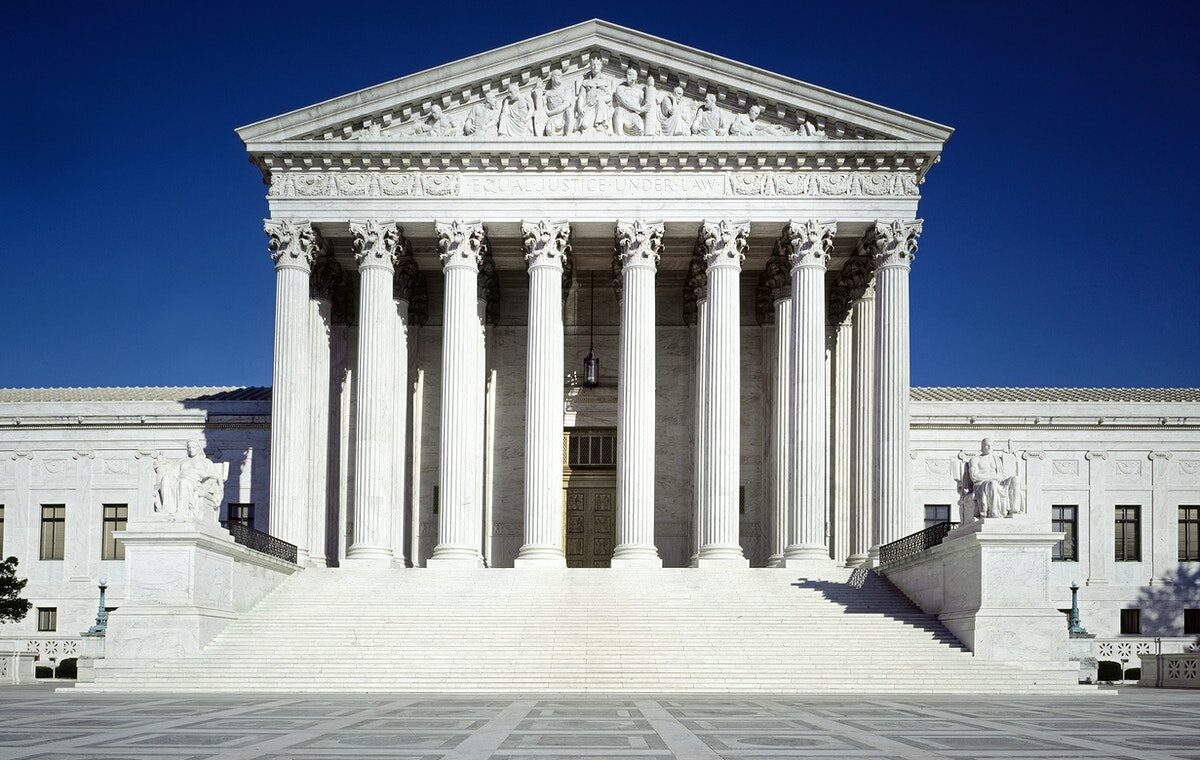Sinema leaving the Democratic Party and registering as an independent
Arizona Senator Kyrsten Sinema has decided to leave the Democratic Party and register as an independent. In an interview with CNN’s Jake Tapper, Sinema claims she has, “never fit neatly into any party box” and she further said that the move is, “true to who I am and how I operate, I also think it’ll provide a place of belonging for many folks across the state and the country, who also are tired of the partisanship.” Sinema’s decision is unlikely to change the balance
Georgia runoff: Democratic U.S. Senator Warnock beats Trump-backed rival
Democratic Senator Raphael Warnock won re-election in a tight Georgia runoff on Tuesday, defeating Republican challenger and former football star Herschel Walker. Warnock’s victory comes at a great benefit to Senate Democrats, strengthening their slim majority; the Democratic win was narrow with Warnock receiving 51.4% of the vote and Walker receiving 48.6%. The runoff result cements Georgia as a battleground state that will certainly be highly consequential in the 2024 presidential election. In response to his victory Senator Warnock said, “Let's celebrate for a
Early voting for Georgia Senate runoff shattered records. Why?
Early voting in Georgia’s Senate runoff between Democrat Raphael Warnock and Republican Herschel Walker broke daily voting records three times since polls opened on Monday November 28th. Experts believe those numbers were unusually high because the early voting period was condensed by Georgia lawmakers after the passage of a new election law in 2021. The new law compressed early voting in Georgia from a minimum of 17 days to a minimum of only five. In reference to the early voting period Georgia Secretary of
What to know about Moore v. Harper, the high-stakes election case before the Supreme Court
The Supreme Court will hear arguments in the case of Moore v. Harper this Wednesday December 7th, a case that is “potentially damaging for American Democracy” according to some legal scholars. The case centers on the independent state legislature theory, the idea that the Constitutions Elections Clause gives exclusive authority to state legislatures for setting elections rules for Congress and the presidency, without any oversight from state courts to ensure those laws comply with state constitutions. The current issue in this case specifically has
New state voter fraud units finding few cases from midterms
A number of state-level law enforcement units were created after the 2020 presidential election to oversee voter fraud, but more than two weeks after the recent midterm elections they have found no instances of systemic problems in our voting system. Many election experts expected this result and have described the creation of voter fraud task forces as more of a political move than an actual effort to combat potential cases of electoral fraud. When asked about the voter fraud agencies created by GOP governors





